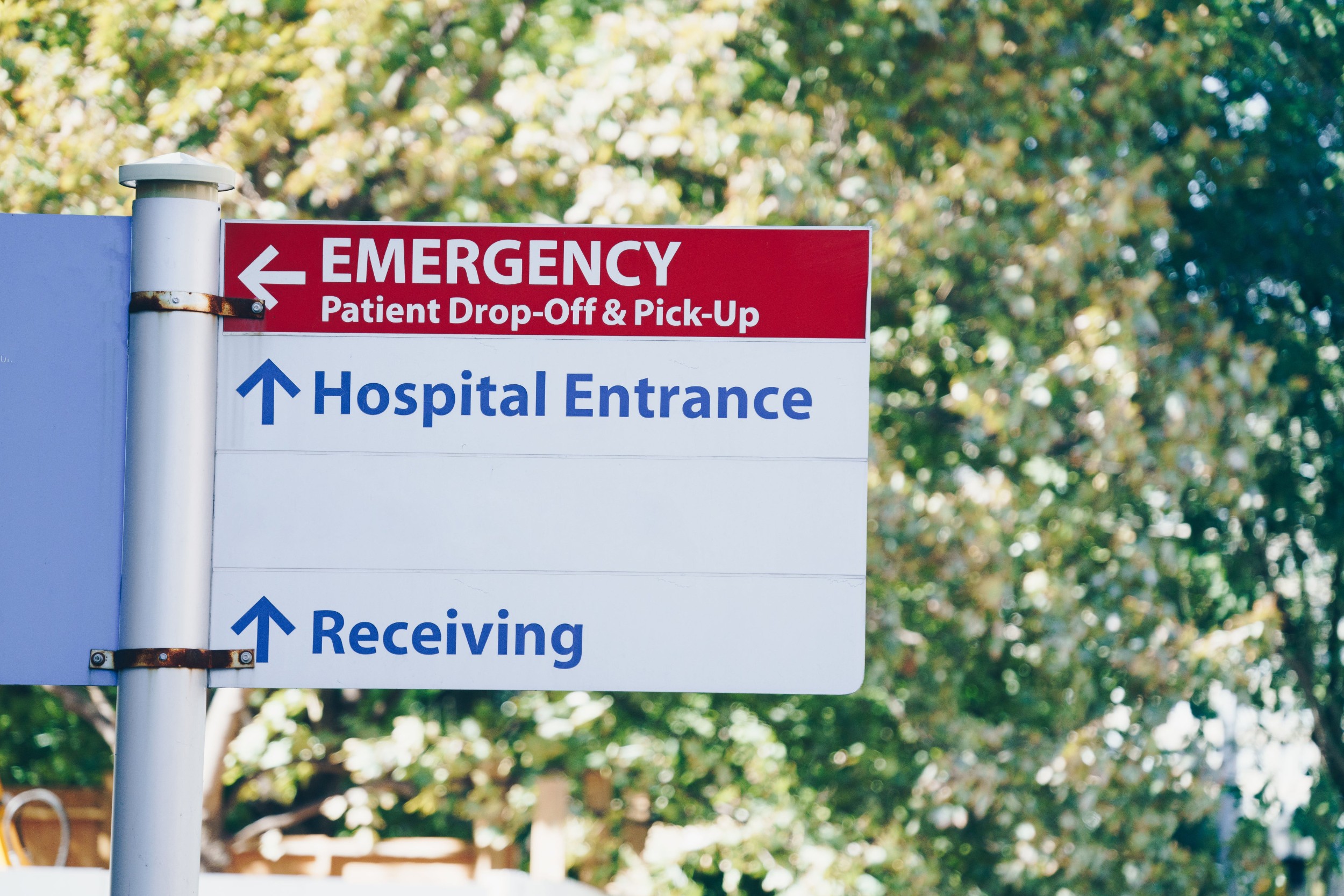About our services
We offer a comprehensive range of gynaecology services that are focused on the health of the female reproductive system, including colposcopy, thermal ablation, pre-operative assessment, infertility treatment, contraception, bladder training and much more. You can find out more about our services below.
If you have any unanswered questions ahead of your treatment or stay with us, please ask a member of staff on your ward or in the clinic.
How to access our services
We provide services across five hospital sites, as well as delivering care in the community. Our inpatient care is delivered at Darlington Memorial Hospital and University Hospital of North Durham. Outpatient settings and day cases are carried out at these two sites, as well as at Bishop Auckland Hospital, Chester-Le-Street Community Hospital and Shotley Bridge Hospital.







